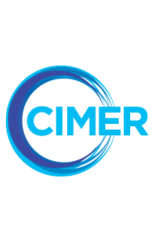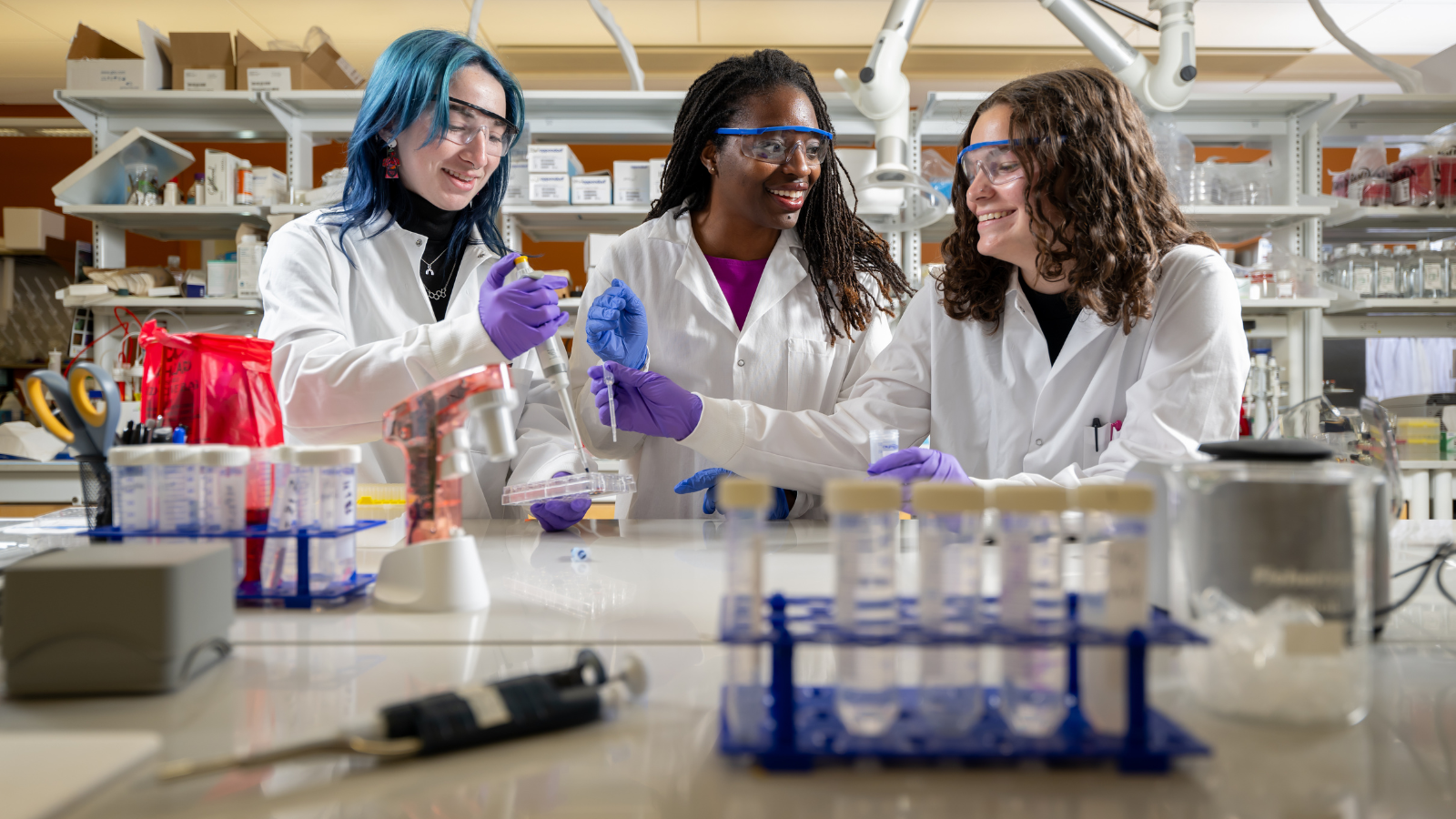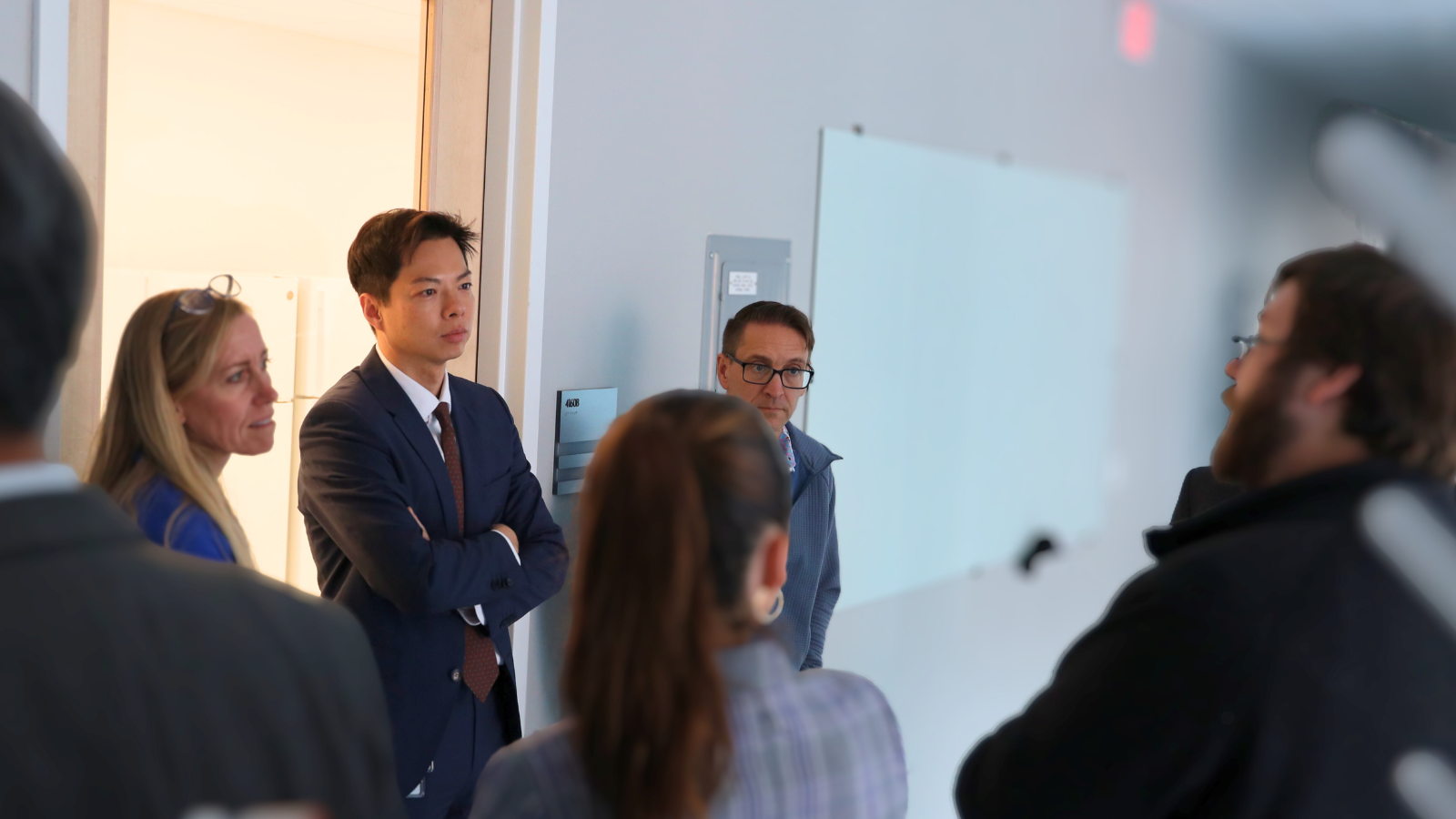News Story
Fischell Institute, BIOE Train Researchers To Be Better Mentors Through CIMER

Last fall, the Robert E. Fischell Institute for Biomedical Devices and the BIOE Department teamed up to offer Center for the Improvement of Mentored Experiences in Research (CIMER) training sessions for engineering graduate students and postdoctoral researchers that want to improve their roles as mentors for research trainees.
CIMER’s training utilizes the Entering Mentoring curricula, an evidence-based, interactive approach designed to help mentors develop skills for engaging in productive, culturally responsive, research mentoring relationships—relationships that optimize the success of both mentors and mentees.
Originally developed for mentors across science, technology, engineering, mathematics, and medicine (STEMM) disciplines at different career stages, the full training consists of four sessions, with the ultimate goal of creating effective research mentors by providing them with a toolbox of strategies to use in their role. Those who complete the training are eligible to earn a mentoring certificate.
The availability of this training at UMD has been met with appreciation from research mentors and faculty alike.
Taj Kumari Yeruva, a postdoctoral researcher in Fischell Institute Affiliate Fellow and BIOE Associate Professor Gregg Duncan's Respiratory NanoBioengineering (RnB) lab, decided to attend the training because mentoring felt like navigating uncertainty, relying solely on personal experiences.
"CIMER provides a structured framework for giving and receiving mentorship," Yeruva said. "The program has equipped me with valuable insights that I am now applying to guide and support my trainees. The collaborative nature of the case studies, with diverse perspectives from all participants, has been particularly insightful, fostering meaningful discussions."
The BIOE Diversity, Equity, and Inclusion (DEI) Committee sponsors the training sessions. Fischell Institute Assistant Director Martha Wang, Fischell Affiliate Fellows and BIOE Assistant Professors Jenna Mueller and Katharina Maisel, and Fischell Fellow, BIOE Associate Professor and Chair of the DEI Committee Alisa Clyne facilitate them.
"Our goal is to enhance inclusive mentoring in both the institute and the department," said Clyne.
The training’s first session covers the introduction to mentor training and maintaining effective communication. The second session explores aligning expectations and assessing understanding. The third session addresses equity, inclusion, and fostering independence. The fourth session focuses on promoting professional development and articulating a mentoring philosophy and plan.
"Coming from industry, I value developing professional organizational skills, such as teaching leaders how best to mentor their team," said Wang. "This is a skill set that is often overlooked in academia, so I was excited to learn about the Entering Mentoring program by CIMER."
Maisel, who received the training at the University of Chicago as a postdoctoral researcher, found it incredibly beneficial and was excited to share it with others.
"This training sparked my interest in best mentoring practices, something I've been reading and writing about for a while now," she said. "When the institute and department expressed the desire to train folks to facilitate the curriculum here, I immediately volunteered."
Mueller, who heard about CIMER as she was finishing her postdoctoral research at Duke University, made a mental note to keep an eye out for opportunities to get involved in the curriculum in the future.
"Once Martha and Katharina mentioned it to me, I signed up for the next available training," she said. "I like how interactive the CIMER curriculum is and how it encourages mentors and mentees at different levels to evaluate and improve upon their mentoring practices critically."
Callie Weber, a fifth-year bioengineering Ph.D. candidate in Clyne's Vascular Kinetics lab, decided to sign up for the training sessions at UMD because her career goal is to become a PI, and mentorship is vital to that career.
"As graduate students, we are often asked to mentor undergraduates in research but are rarely given formal training for how we should be mentoring people,” she said. “Instead of having to base mentoring strategies off of past experiences, the CIMER program gives us a framework and strategies for how to build relationships and effectively mentor others, which is a tool that will be extremely helpful moving forward in my career."
The CIMER training sessions are offered every semester and are open to graduate students and postdoctoral researchers interested in becoming more effective research mentors. Those interested in participating should contact the facilitators or Ambi Narula for information on future sessions.
Published February 9, 2024












